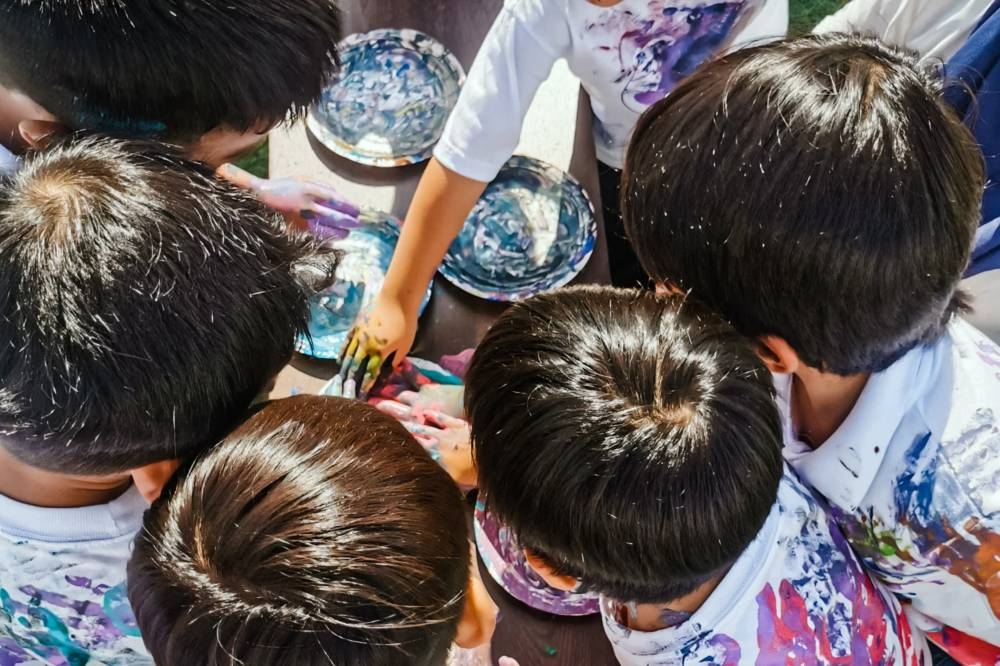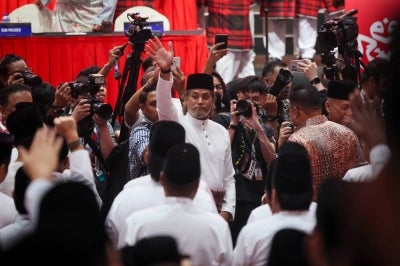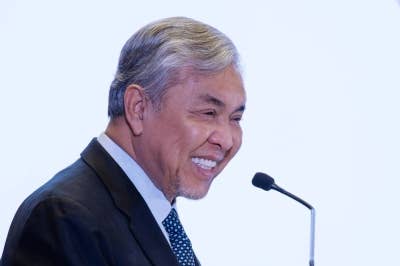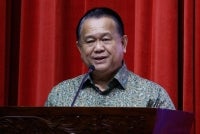Deciding for a better tomorrow: Prioritising children in policies matters

WHEN Datuk Seri Anwar Ibrahim was announced as the 10th Prime Minister following the result of the 15th General Election, last year, my then four-year old son asked me what a Prime Minister was.
I asked him what he thought.
“A person who works all the time, every time just like you Mommy,” he answered.
Although he took a wild guess, I think he was not entirely wrong.
Well, I am no Prime Minister, but I know that the role of heading the government in the country meant being responsible for the practical running of the country.
When I started my life as a mother in 2018 which was a month after GE14, I began to realise how important it was to have leaders who are capable of acting in service of the future generation as well as those who are yet to be born.
This is because the choices our leaders make today and the consequences of the policies they come up with will affect the children for much longer.
Today, we are the ones making the decisions that will shape the country, and in those decisions it is important to think about the kind of place our children will live in.
Nelson Mandela, who dedicated his life to the pursuit of justice and equality, firmly believed that we must strive to leave our children with a safer, more peaceful and more prosperous world.
A world that is better than the one we inherited.
He said “there can be no keener revelation of a society’s soul than the way in which it treats its children”, recognising the importance of a society coming together, overcoming differences and work together to thrive.
Today, on Nov 20, is the World Children's Day with the theme “for every child, every right”, a sound bite resonating for a powerful call to action.
But right now, the future generation could not make the decision for the country’s future. Therefore, it is important for policymakers to prioritise the children in their decisions.
In the midst of discussing the future for our children, we cannot ignore the harsh reality faced by children in places of conflict, such as in Gaza.
The relentless Israeli attacks on the Gaza Strip and the refusal of world leaders to implement immediate and permanent ceasefire, casts a sombre shadow on the prospects of a safer world for children.
The situation in Gaza is heartbreaking, especially for the youngest members of society who are bearing the brunt of the attacks.
Children in the besieged Palestinian territory are experiencing the trauma of war, witnessing destruction and facing a multitude of challenges that no child should ever endure.
The impact on their mental and physical well-being is unimaginable, leaving scars that may last a lifetime.
As we reflect on the responsibility of leaders in shaping a better world for our children, the urgency to address conflicts and promote peace becomes even more apparent.
Mandela's words resonate globally, emphasising that the soul of a society is revealed in how it treats its children.
In this case, the international community's response or lack thereof, reflects on our collective commitment to create a world that prioritises the well-being of all, especially the most vulnerable.
The refusal of some world leaders to agree to a ceasefire raises questions about the commitment to the principles of justice, equality and the protection of children's rights.
The international community must unite in condemning violence against children and work tirelessly to find diplomatic solutions that prioritise their safety and well-being.
In the pursuit of a better world for the children, policymakers must extend their considerations beyond immediate political gains.
Addressing conflicts and promoting peace should be at the forefront of global agendas.
While adopting a climate justice approach is crucial to address the environmental challenges, it should also encompass efforts to ensure a just and peaceful world for the next generation.
The plight of the children in Gaza serves as a stark reminder of the challenges we face in creating a world where every child can thrive.
It is not only the responsibility of local leaders, but a shared global duty to work towards immediate ceasefires, lasting peace and a safer world for all children, regardless of their place of birth.
Download Sinar Daily application.Click Here!















